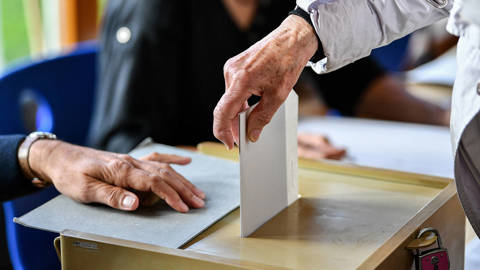Voting in a Time of Democratic Erosion
While elections alone don’t necessarily make a state democratic, they do offer a glimpse into the strength and legitimacy of a democracy. What can we learn from recent electoral outcomes?
Listen and subscribe to all episodes from your favorite podcast app. Find Opinion Has It on Apple Podcasts, Google Podcasts, Acast, or via RSS Feed. Have a suggestion for an episode? Email us at podcasts@project-syndicate.org.
Transcript
Elmira Bayrasli: Welcome to Opinion Has It. I’m Elmira Bayrasli.
Democracy has come under various forms of pressure in recent years. The pandemic led to an unprecedented rollback of democratic freedoms in 2020.
Archive Recording: The coronavirus pandemic is causing a worldwide crisis for democracy.
Archive Recording: Global democratic freedoms are more fragile now than they have been in years, with the global COVID-19 pandemic prompting sweeping restrictions on civil liberties.
Archive Recording: In the months since, normal checks on power in country after country have been suspended.
EB: The polarization remains rampant, fueled by misinformation.
Archive Recording: The political divide has become deadly, with vaccine hesitancy driven by misinformation and the politicizing of the virus leading to the harassment of health-care workers, hospitalizations, and deaths.
